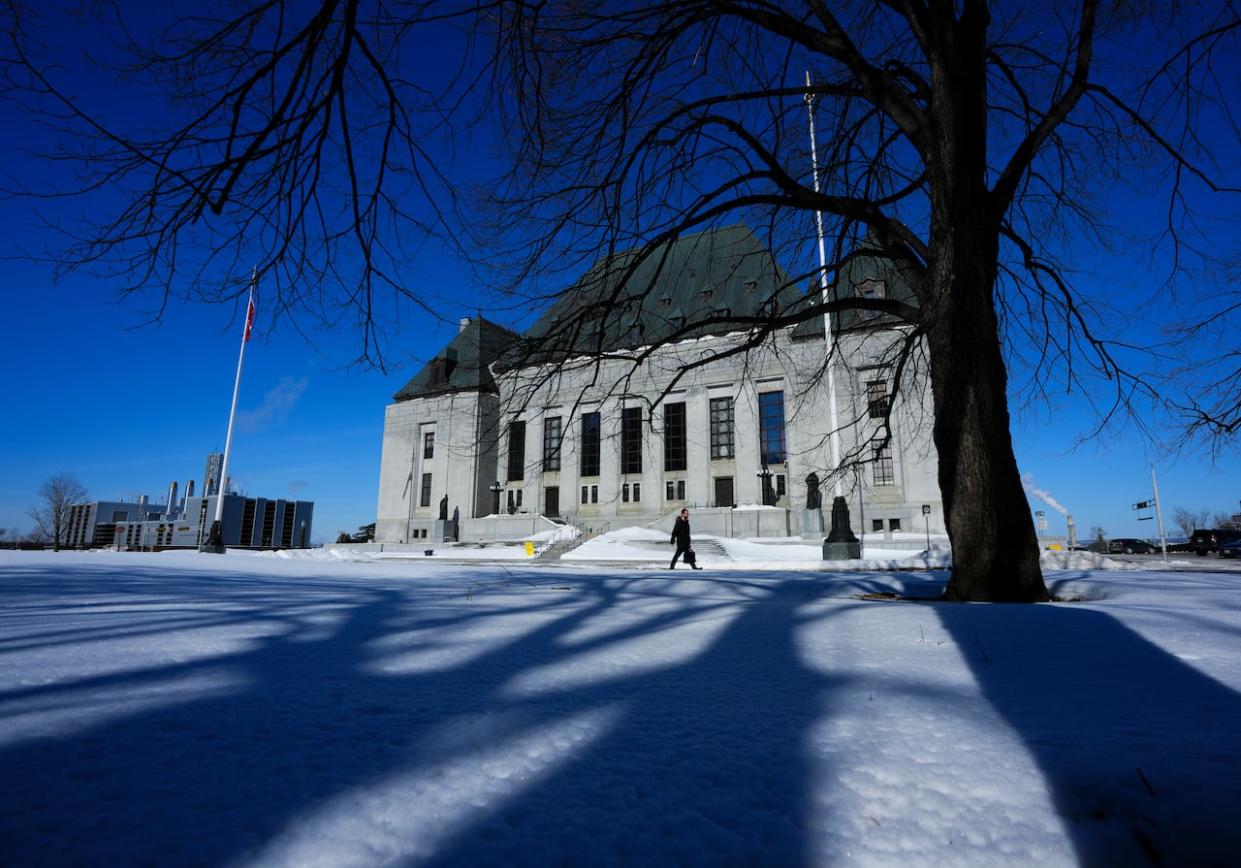Supreme Court of Canada to rule on Quebec secularism law appeal request

The Supreme Court of Canada will announce Thursday whether it will agree to hear the case concerning Quebec's controversial secularism law, better known as Bill 21.
The ruling is expected to be issued around 9:45 a.m. The request for leave to appeal will be granted or rejected, without any explanation from the court.
Bill 21 was passed on June 16, 2019, by the National Assembly during the first mandate of the Coalition Avenir Québec (CAQ) government.
Among other things, it prohibits certain public workers in positions of authority, such as judges, police officers, prison guards and teachers, from wearing religious symbols while performing their duties.
To protect the law from the courts, legislators invoked the Constitution's notwithstanding clause, a provision that must be renewed every five years and was renewed in 2024.
The law has been challenged nonetheless, first in Quebec Superior Court and then in the Quebec Court of Appeal. But the challengers have yet to succeed.
At most, the two courts ruled that the ban on wearing religious symbols could not be applied to members of the National Assembly.
The Quebec Superior Court sided with the English-language school boards, which argued that the act infringed on their linguistic rights. The Court of Appeal overturned this decision in February 2024.
The English Montreal School Board (EMSB) is among the parties that have requested the Supreme Court address this issue. On Wednesday, the EMSB said it would not comment on the issue until the Supreme Court gives its decision.
Several other groups and individuals have also asked the Supreme Court to intervene, including the Fédération autonome de l'enseignement and the Canadian Civil Liberties Association (CCLA).
The involvement of the CCLA led Supreme Court Justice Mahmud Jamal to recuse himself, as he was president of the association when it filed a challenge to the State Secularism Act before Superior Court in June 2019. Jamal was nominated to the Supreme Court of Canada in 2021.
The Legault government remains steadfast in defending the law as written five years ago and has the support of groups such as the Mouvement laïque québécois (MLQ), a provincial secularism group.


